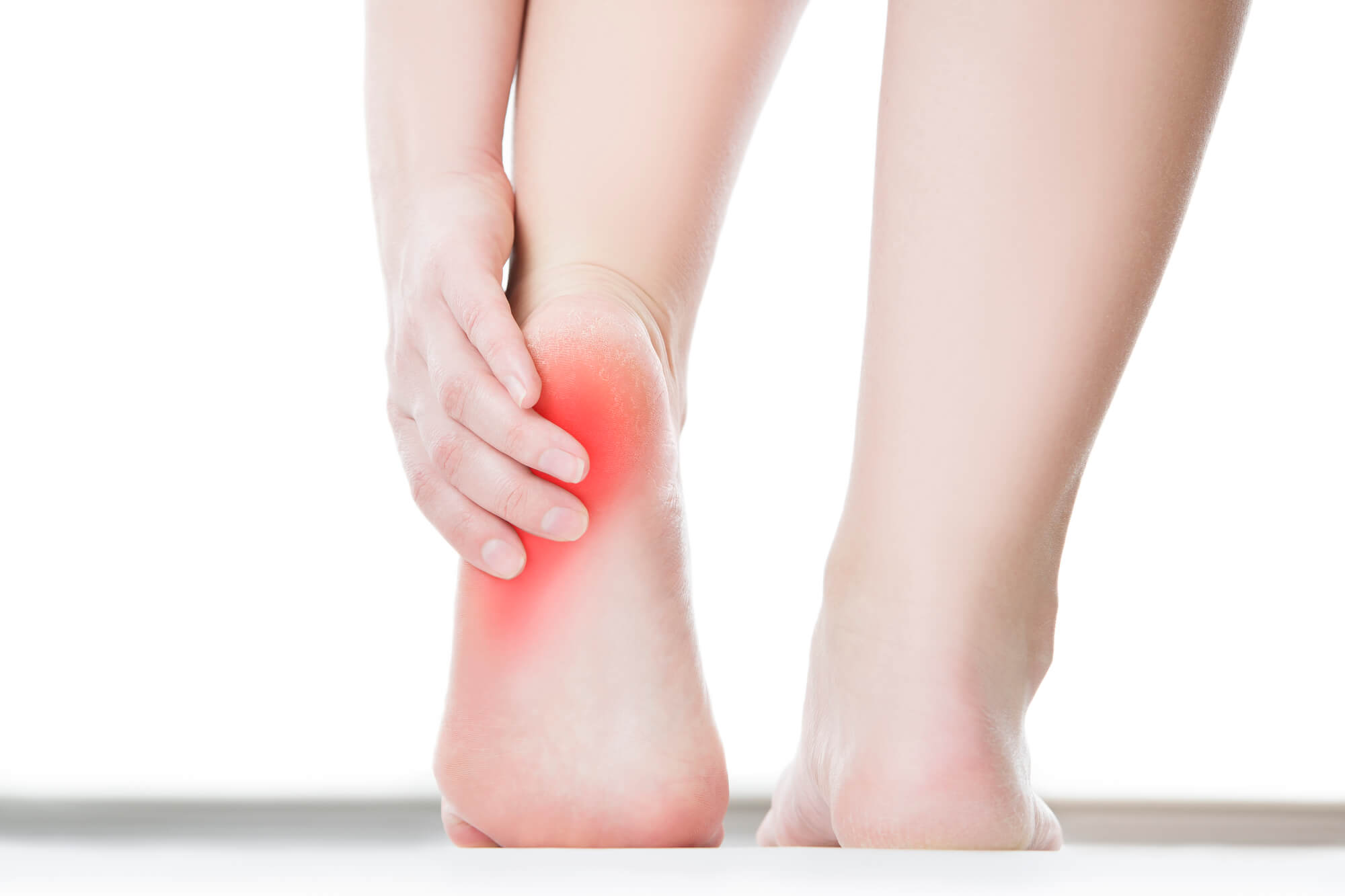When Should You See a Doctor for Heel Pain?
Heel pain is a common foot problem that can affect anyone, regardless of age or activity level. It can range from a mild nuisance to a severe, debilitating condition that affects your ability to walk and perform daily tasks. While some cases of heel pain can be treated at home, others require medical attention. This article will discuss when you should see a doctor for heel pain, the common causes, and treatment options.
Understanding Heel Pain
Heel pain is often caused by inflammation or damage to the tissues in the heel, including the plantar fascia, heel bone, and surrounding tendons. It can be caused by overuse, repetitive strain, or certain medical conditions. Some common causes of heel pain include plantar fasciitis, Achilles tendonitis, heel spurs, fractures, and heel pad or bursa inflammation.
Home Remedies for Heel Pain
Mild cases of heel pain can often be treated at home using a combination of rest, ice, compression, and elevation. Stretching exercises and orthotics may also help reduce pain and improve mobility. It's important to avoid high-impact activities that can aggravate the heel and limit walking or standing for extended periods.
When to See a Doctor for Heel Pain
If your heel pain is severe, persists for more than a few days, or is accompanied by other symptoms such as numbness or tingling, it's important to see a doctor. A podiatrist or orthopaedic specialist can perform a thorough evaluation to determine the cause of your heel pain and develop an effective treatment plan.

Acute Injury
If your heel pain is caused by an acute injury such as a sprain or fracture, it's important to seek medical attention immediately. Injuries to the heel can be incredibly painful and may require immediate medical intervention. A podiatrist or orthopaedic specialist can perform a physical exam and may order imaging tests such as X-rays or MRI scans to diagnose the extent of the injury.
Treatment for an acute injury may include immobilization, physical therapy, or in severe cases, surgery. Immobilization can help prevent further damage to the injured area and allow it to heal properly. Physical therapy can help strengthen the muscles and tissues surrounding the injured area. At the same time, surgery may be necessary in cases where the injury is severe or does not respond to other treatments.
Chronic Pain
Chronic heel pain that persists over a few weeks may be caused by underlying medical conditions such as arthritis, nerve damage, or chronic inflammation. It's important to seek medical attention if your symptoms persist or worsen. A podiatrist or orthopaedic specialist can perform a thorough evaluation to determine the underlying cause of your heel pain and develop an effective treatment plan.
Treatment for chronic heel pain may include a combination of medications, physical therapy, and orthotics. Medications can help manage pain and reduce inflammation, while physical therapy can help improve mobility and flexibility in the affected area. Orthotics, such as shoe inserts or braces, may also be prescribed to help provide support and cushioning to the heel.

Other Symptoms
If your heel pain is accompanied by other symptoms such as redness, swelling, or warmth, it may indicate an infection or other medical condition that requires urgent attention. Infections in the foot or ankle can be serious and may require prompt medical intervention to prevent further complications. It's important to seek medical attention if you notice any signs of infection or if your symptoms worsen.
If you experience numbness, tingling, or weakness in your foot or ankle, it may be a sign of nerve damage or a more severe injury that requires immediate medical attention. Nerve damage can be irreversible if left untreated, and it's important to seek medical attention as soon as possible if you experience these symptoms.
Conclusion
Heel pain can be a debilitating condition that affects your quality of life. If you are experiencing heel pain, it's important to seek medical attention if your symptoms persist or are accompanied by other symptoms. A podiatrist or orthopaedic specialist can help determine the underlying cause of your pain and develop an effective treatment plan to reduce your pain and improve your mobility. Remember, don't suffer in silence. Get the help you need to get back on your feet.

